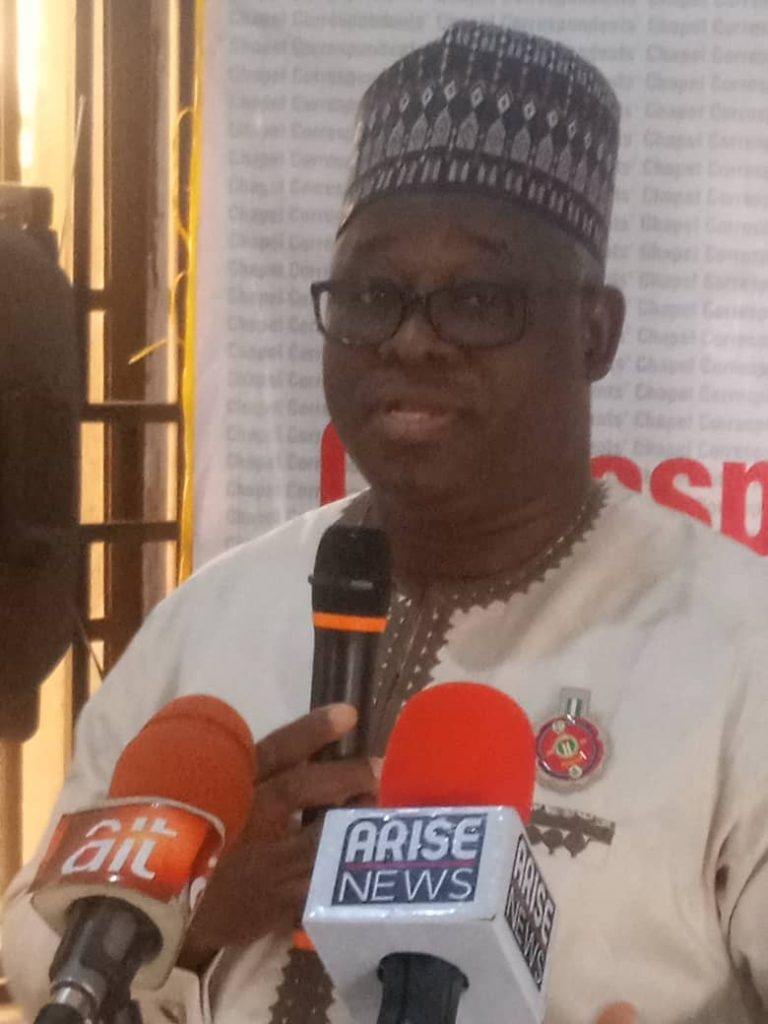ECONOMY
Sen. Umaru attributes incessant strikes to weak economy

Sen. Sadiq Umaru (APC-Kwara North) says the state of the economy was responsible for the incessant strikes in the Nigerian health and education sectors.
Umaru, who is the Deputy Chairman, Senate Committee on Health, said this at a News Keg programme of the Correspondents Chapel of the Nigeria Union of Journalists (NUJ), Kwanra Council, on Friday in Ilorin.
He said the country would continue to witness industrial action unless the economy of the country improves.
The lawmaker therefore urged workers in various critical sectors to live by the existing reality of the paucity of funds in the nation’s economy.
He noted that the economy was believed to be civil service driven with high premium placed on monthly payments of workers’ salaries.
Umaru rejected plans at right sizing workers and proposed the option of their privatisation, or at the least a workable Public Private Partnership (PPP).
”Workers in both (health and education sectors) should start living with the reality that they cannot get all their needed demands at once from the government.”
”So, they should continue to endure and shun steps that could plunge them into frequent crisis.”
”Education and health services are not to be government’s responsibilities alone.”
“It should be the responsibilities of every citizen and most of the incessant strikes occur due to lack of proper equipment with which to work.”
“And unfortunately, the stark reality is that the needed money to revamp these two most important sectors at once, surpassed the whole budgetary allocations of Nigerian economy.”
“At present, Nigeria is not rich. It is the bitter truth and a bitter pill to swallow,” Umaru said.
The legislator bemoaned the high propensity of population growth in Nigeria vis a viz the economic development supported by annual budgetary allocations of about N16 trillion.
”By the year 2050, the nation’s present population would double and therefore makes it one of the most populous nations of the world.”
“The present budget of about N16 trillion, if not improved upon before then, will be very difficult to drive Nigeria to its eldorado,” the senator said.
Umaru further supported the idea of economic diversification but with a caveat that the proposition could only be feasible under an economy laden with technological growth.




 Davido's Net Worth & Lifestyle
Davido's Net Worth & Lifestyle 
